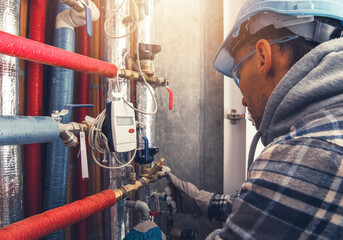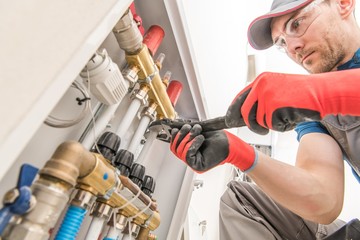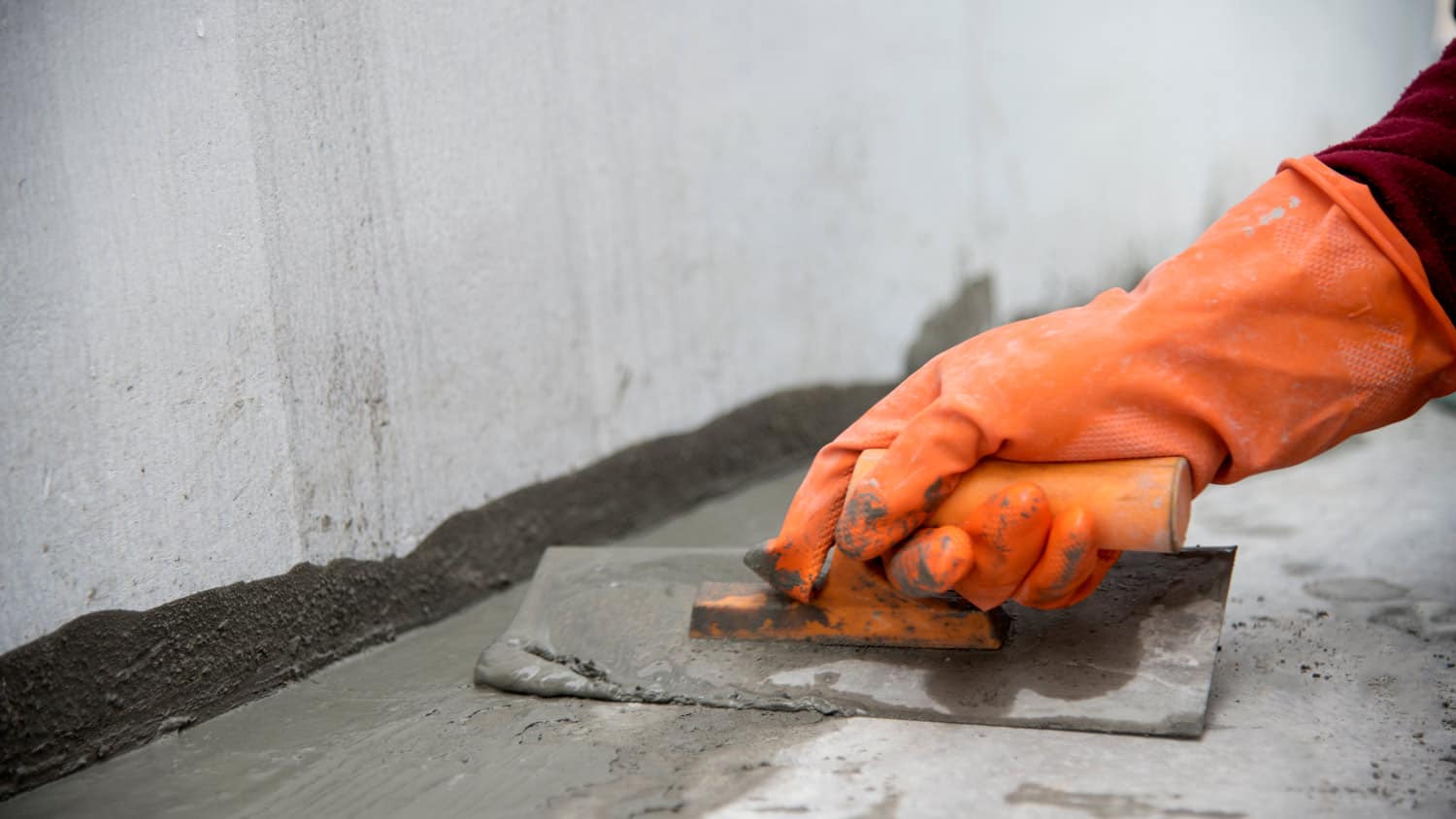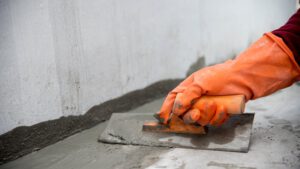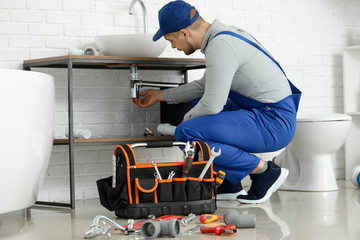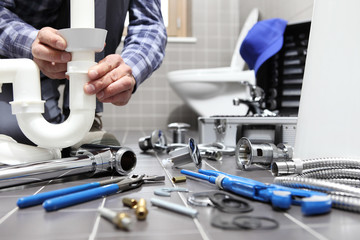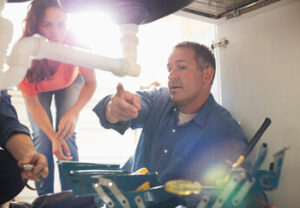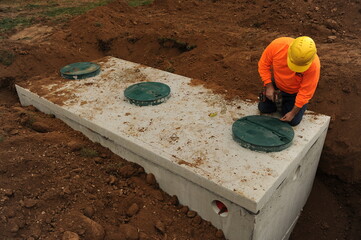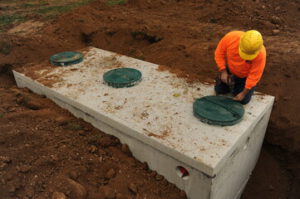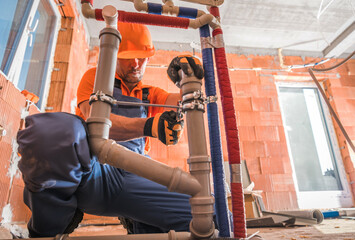Post-frame construction avoids the expense of a foundation and concrete floor, making it more affordable for budget-savvy consumers. They also offer design flexibility and shorter construction times. Post Frame Buildings offer high-quality materials that are well-suited to post-frame buildings.

Post Frame Buildings are typically less expensive than other building methods. They save on excavation and concrete costs because posts are sunk into the ground and do not require a basement foundation. Additionally, the insulated foundation saves on heating and cooling expenses. These savings can help offset the initial investment. Lastly, the construction process is faster and less expensive because there is no need for an interior stud wall.
The cost of a post-frame building can be further reduced by adding insulation and drywall. Rigid foam panel insulation is a popular choice because it is water-resistant, which prevents mildew and mold growth. It is also environmentally friendly and easy to install. Its low price and excellent performance make it a good option for most building projects.
In addition to the cost of materials, there are additional expenses for the electrical, HVAC, and plumbing systems. In most cases, these additional features can be added after the frame is erected. In some cases, these additional items may not be necessary, depending on the intended use of the building.
While post-frame buildings can be constructed with any exterior design, most use steel panels for a durable, attractive finish. These panels come in a variety of colors and styles. Some have multiple rib patterns, vast color palettes, and different panel orientation options. Steel panels can also provide high wind resistance and low maintenance.
Post-frame construction can be used to build structures such as barns, sheds, stables, and equestrian facilities. The lower columns of a post-frame building are often made from precast concrete. The system eliminates direct contact between concrete and wood, reducing the risk of rot. It also allows the use of a wide range of construction techniques and materials.
Durability
Post-frame buildings have long been favored by hunters, fishermen, ranchers, and campers for the durability and versatility they offer. The strength of these structures comes from wooden posts buried in the ground. These posts provide the basic building foundation and allow for a variety of add-ons like electricity, plumbing, HVAC, and more. They are also easy to maintain and can last a lifetime if treated and maintained properly.
Post-frame construction allows builders to install a building faster than other types of buildings. This is because they don’t need a concrete foundation or floor support. Instead, the building’s posts are anchored into the ground by 4-6 feet to afford the structural strength needed. This reduces the overall installation time as well as the cost of materials and labor.
The quality of the wood and steel components used in a post-frame building can greatly influence its longevity. In addition, the type of fastener used has a significant impact on durability. For example, screws are preferred to nails because they hold better and prevent the wood fibers from pulling out. Another factor to consider is the roof’s design and insulation. Choosing the right materials and a professional builder will help ensure that your post-frame structure will last for years to come.
The trusses in a post-frame building are designed to support heavy loads. They are made from heavy-duty lumber, such as spruce or pine, which is durable and rot-resistant. The trusses are then joined with wall girts and roof purlins. The girts and purlins are then sheathed with metal or wood cladding. The metal sheathing can withstand harsh weather conditions and requires minimal maintenance. If wood cladding is chosen, it should be treated to resist rot and fungal growth.
Design
Using modern materials and design, post-frame buildings can be as dressed up or as simple as you want. They can also achieve larger clear spans and more open areas than stick-built buildings. In addition, the cost of a post-frame building is often less than a comparable stick-built structure.
Post-frame buildings are an excellent choice for outdoor enthusiasts who value durability, versatility, and affordability. Whether used for storage, work, or living space, these buildings can withstand extreme weather conditions. They are also easy to adapt for specific uses.
The primary framing system of a post-frame building is made from wood roof trusses or rafters connected to vertical timber columns called sidewall posts. Secondary members such as roof purlins and wall girts transfer vertical and horizontal forces to and from the posts. These elements are then clad in a variety of siding options.
A key benefit of post-frame construction is that it doesn’t require a concrete foundation. The posts are sunk 4 to 6 feet into the ground, which eliminates the need for a continuous foundation. This means the building can be placed on a gravel or dirt pad without the high costs of a conventional concrete slab.
The foundation of a post-frame building can be made from wood, steel, or concrete. Traditionally, wooden poles were used in post-frame structures, but they are now more commonly fabricated from engineered lumber. This material is stronger and more durable than traditional lumber, and it can be treated with a preservative to protect against insect and fungal damage. The most common preservatives are creosote, chromated copper arsenate, and micronized copper quaternary. These compounds can protect the wood from rot and insect infestation for up to 50 years.
Financing
When it comes to financing, it’s important to consider all avenues to bring your building dream to fruition. Whether you’re in the final stages of planning your new structure or just starting to dream about it, the sooner you can figure out how you’ll finance your project, the better.
Post-frame buildings are versatile and can be used for a variety of purposes. Commercial agriculture and storage buildings are the most common, but they can also be used for residential purposes. Since they have no interior columns, post-frame structures offer more design flexibility than other types of buildings. Additionally, the taller eave heights allow for loft space that can be furnished as living quarters. These spaces are popular for waterfront views or cabin retreats.
The financing options for a post-frame home are similar to those for other homes, but there are some specific requirements you should be aware of. First, you should research zoning laws in your area to ensure that you meet all the necessary requirements. This can save you time and money in the long run. In addition, you should be sure to get pre-approved for your construction loan. This will help you avoid the hassle of having to send paperwork back and forth between the bank and your builder.
There are several different ways to finance a post-frame building, but the most popular is a two-step loan. This type of loan is designed to fund both the land purchase and the construction of the building. Once the building is complete, the homeowner will refinance the loan with a conventional mortgage. Regardless of which loan you choose, you should plan to have at least a 20% down payment.
Site
Post-frame buildings are versatile structures that can be used for a variety of purposes. They can serve as storage buildings or workshops for farmers and ranchers, provide shelter for farm equipment in the rain and snow, or even be converted into a home. With their high structural strength and low energy costs, these buildings have quickly become a popular choice for individuals and business owners in the Midwest.
One of the most important factors when choosing a site for a post-frame building is its suitability for the purpose that will be served. If the structure will be used for agriculture or as a shop, it will need to have a large footprint with easy access and plenty of room for movement. A level site is also a must to ensure the stability of the building.
The high-quality construction of a post-frame building makes it a great option for areas with zoning restrictions or restrictive covenants. A post-frame building is an excellent solution for land development that needs to meet strict zoning requirements and can often be built at a lower cost than traditional structures.
Pole buildings are also an ideal choice for people who require dedicated workshop space. These workshops can be used for a variety of crafts, including woodworking, metalworking, and pottery. They can also be used as garages for storing boats, RVs, and other large vehicles or equipment. For those who enjoy restoring classic cars, a pole barn can be a great way to store their vehicles while protecting them from the elements.
In addition to being durable and affordable, a post-frame building is easy to customize and upgrade in the future. Unlike pre-engineered steel buildings, post-frame buildings can be remodeled to include lofts, insulation, heating, cooling, plumbing, and electrical systems. They can also be repainted to match the surrounding landscape or to reflect the style of the house or other outbuildings on the property.


